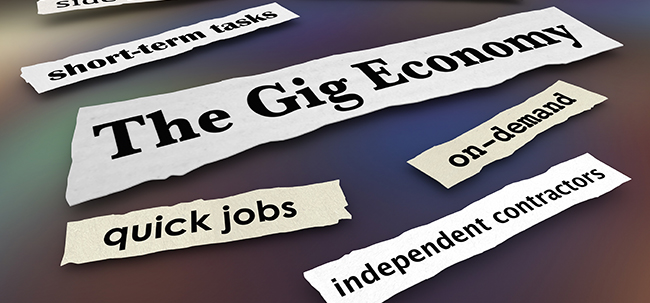The DOL has narrowed the definition of independent contractors by officially withdrawing, effective today, a rule approved in the waning days of the Trump administration that would have made it easier for businesses to classify individuals as independent contractors, rather than employees.
“By withdrawing the Independent Contractor Rule, we will help preserve essential worker rights and stop the erosion of worker protections that would have occurred had the rule gone into effect,” said U.S. Secretary of Labor Marty Walsh said in a statement issued Wednesday.
“Legitimate business owners play an important role in our economy but, too often, workers lose important wage and related protections when employers misclassify them as independent contractors,” he said. “We remain committed to ensuring that employees are recognized clearly and correctly when they are, in fact, employees so that they receive the protections the Fair Labor Standards Act provides.”
The FSLA requires covered employers to pay employees at least the minimum wage for every hour they work and overtime compensation at not less than 1.5 times their regular rate of pay for every hour they work over 40 in a workweek. FLSA protections do not apply to independent contractors.
The Trump administration rule, which was strongly supported by gig economy businesses that use app-based workers, had raised the bar for contractors to prove they have been misclassified, placing particular emphasis on an examination of the “worker’s opportunity for profit or loss.”
The withdrawal of the rule becomes effective today, when it is published in the Federal Register.
In a statement today, New Jersey Labor Commissioner Robert Asaro-Angelo supported the withdrawal of the rule.
“While this rule did not affect the Garden State because of our strong worker classification test, this decision will help reduce confusion and guard workers across the country from further undue hardship,” Asaro-Angelo said. “Whether it was the need for unemployment benefits or earned sick leave, this pandemic has shown how crucial proper classification is to workers in New Jersey and across the country.”

